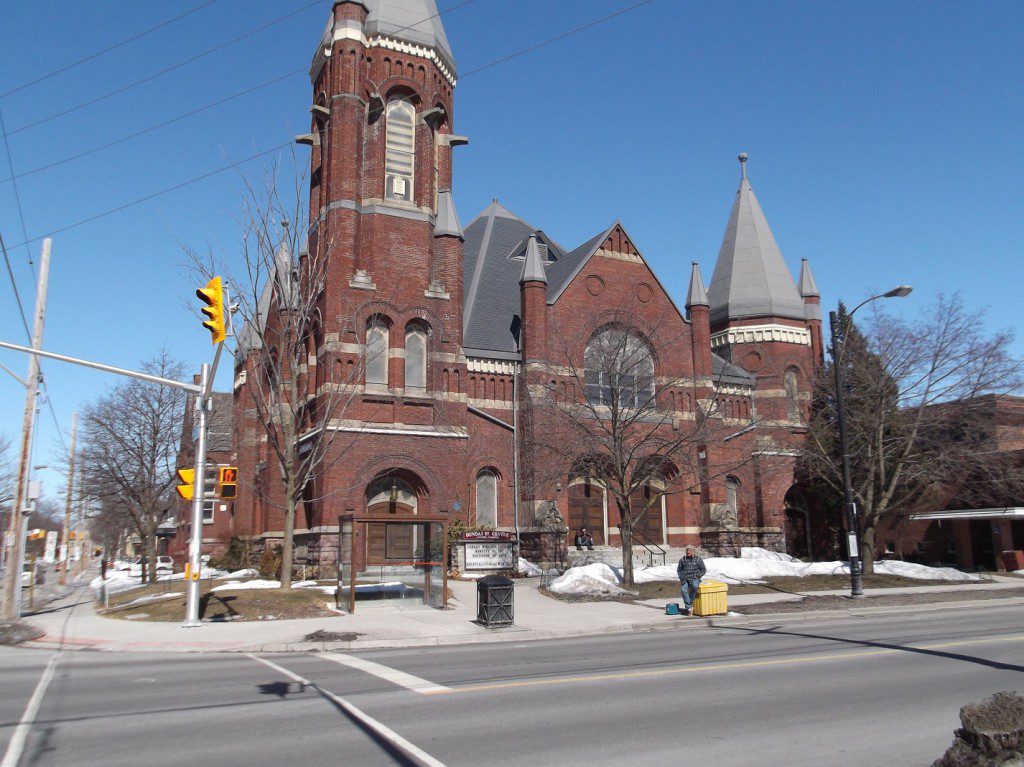What a surprise.
From here:
The paper’s authors state that by “conservative,” they mean views that are typically held by conservative Protestants, such as a high regard for the authority of the Bible, a literal belief in teachings such as the deity and resurrection of Christ, and a belief that Christianity is true to the exclusion of other religions.
The article summarizes the results of a recent study done of 22 churches in southern Ontario, drawn from the Anglican Church of Canada, the Evangelical Lutheran Church in Canada, the Presbyterian Church in Canada and the United Church of Canada. Seeking to identify the possible reasons for growth and decline among mainline Protestant churches, the authors looked at both churches that had gained and lost congregants over the previous 10 years. It surveyed 2,255 regular attendants and 29 clergy on their theological views, religious practices and other matters; the study also involved interviews of clergy and selected congregants.
I think this is one of the most telling parts of the study:
The survey found that both congregants and clergy of growing churches tended to score highly on a questionnaire intended to gauge their theological conservatism. For example, asked to agree or disagree with the statement, “Jesus rose from the dead with a real, flesh-and-blood body leaving behind an empty tomb,” 93 per cent of clergy and 83 per cent of parishioners from growing churches agreed, versus 56 per cent of clergy and 67 per cent of parishioners from declining churches. Asked to respond to the statement, “The beliefs of the Christian faith need to change over time to stay relevant,” 69 per cent of clergy from shrinking churches agreed, compared to zero per cent of clergy from growing churches.
“56 per cent of clergy” from declining churches do not believe Jesus rose bodily from the dead. As far as I can see, these clergy fail to meet one of the minimum requirements needed to claim to be Christian, which means their “churches” are not churches. What else could an organisation that poses as an imitation of the real thing do other than decline to the point of extinction? It doesn’t truly exist in the first place. Welcome to the Anglican Church of Canada.
Like this:
Like Loading...
 London’s MCC Community church is a denomination that affirms and celebrates all things LGBT. It declares itself to be welcoming, inclusive, diverse and tolerant, all qualities that seem to drive people away rather than attract them. A church that makes no demands of its members other than that they remain as they are clearly isn’t peddling anything worth having. As a result, there aren’t enough people to pay the pastor:
London’s MCC Community church is a denomination that affirms and celebrates all things LGBT. It declares itself to be welcoming, inclusive, diverse and tolerant, all qualities that seem to drive people away rather than attract them. A church that makes no demands of its members other than that they remain as they are clearly isn’t peddling anything worth having. As a result, there aren’t enough people to pay the pastor:
